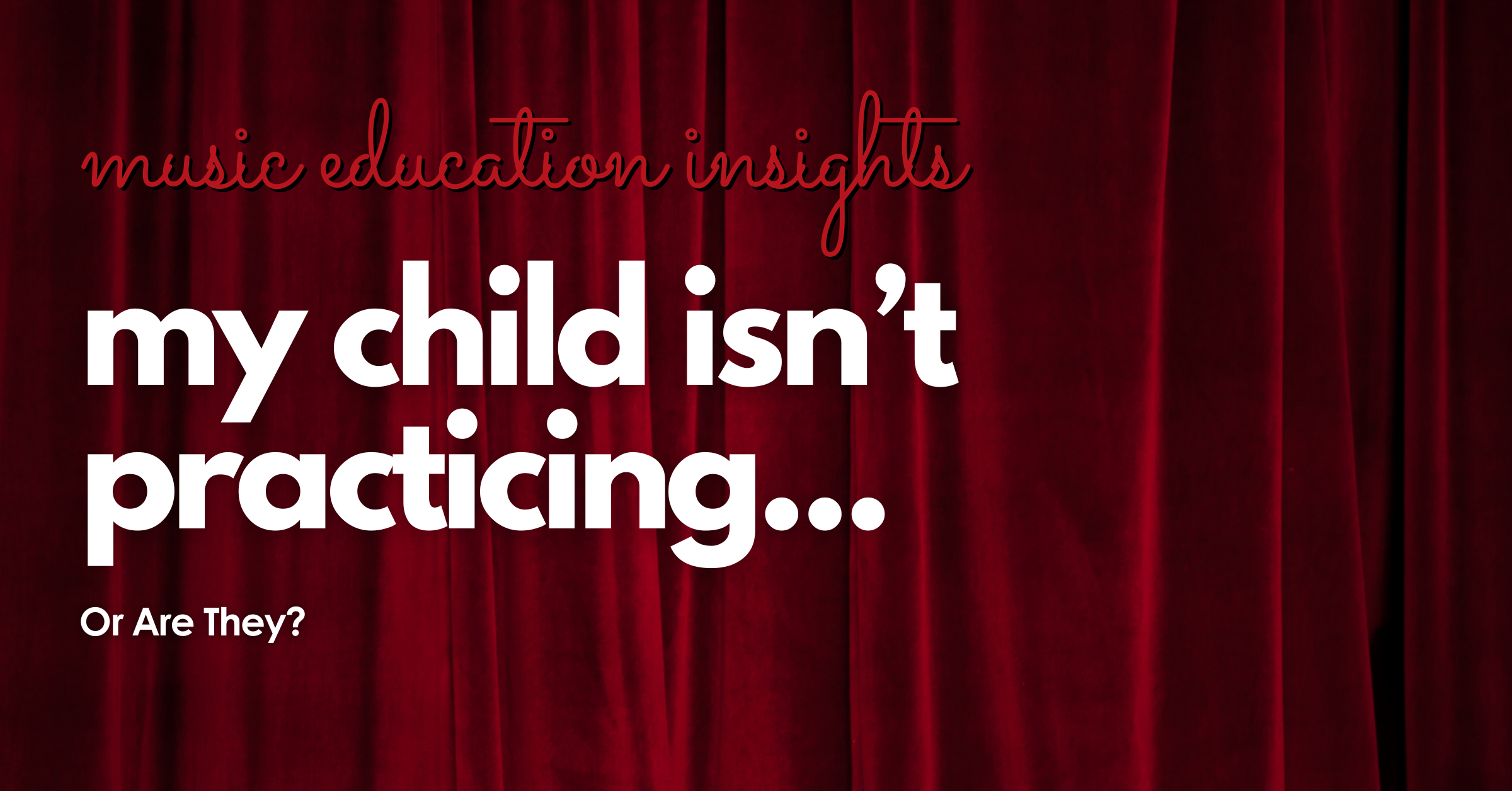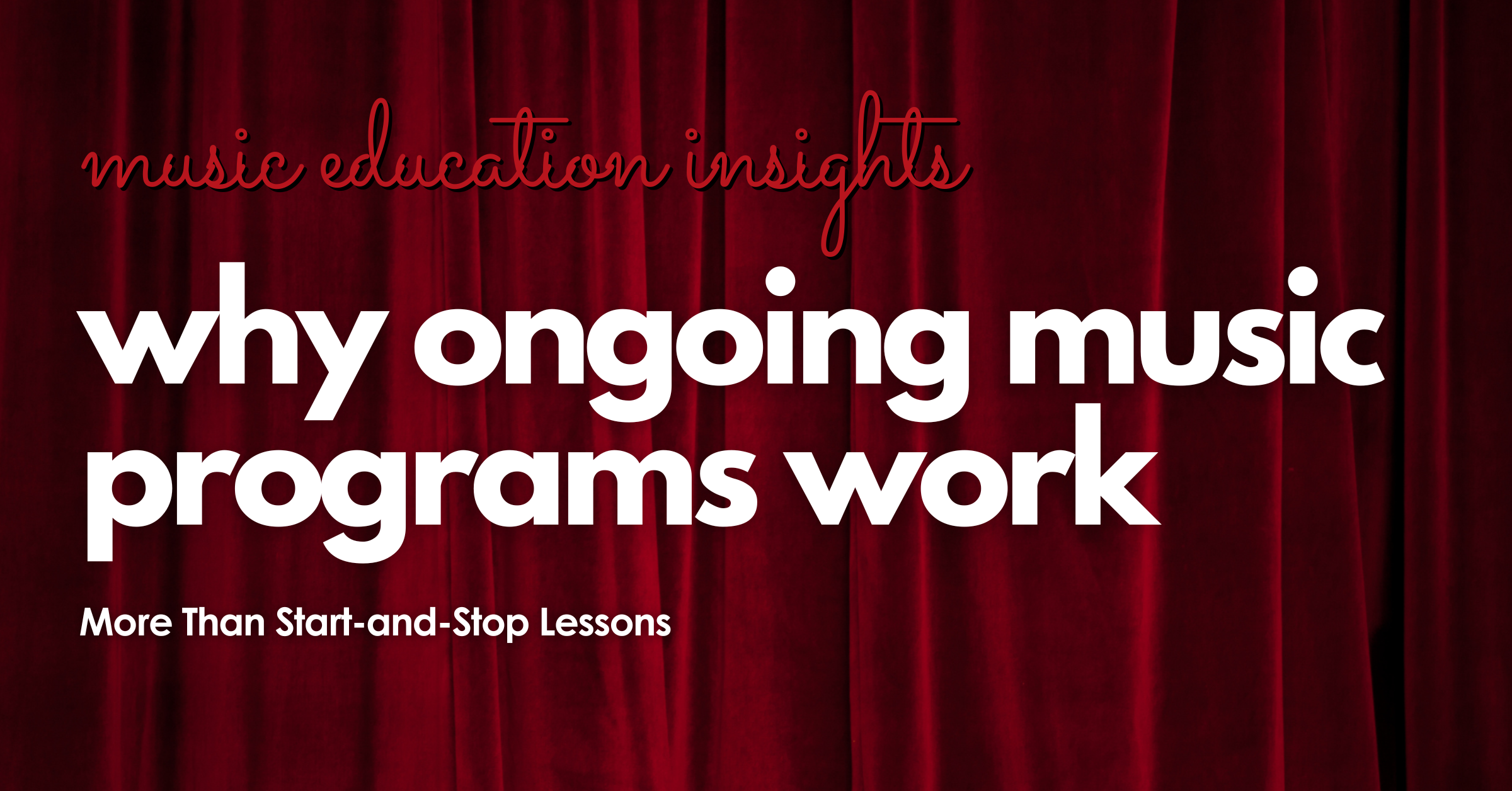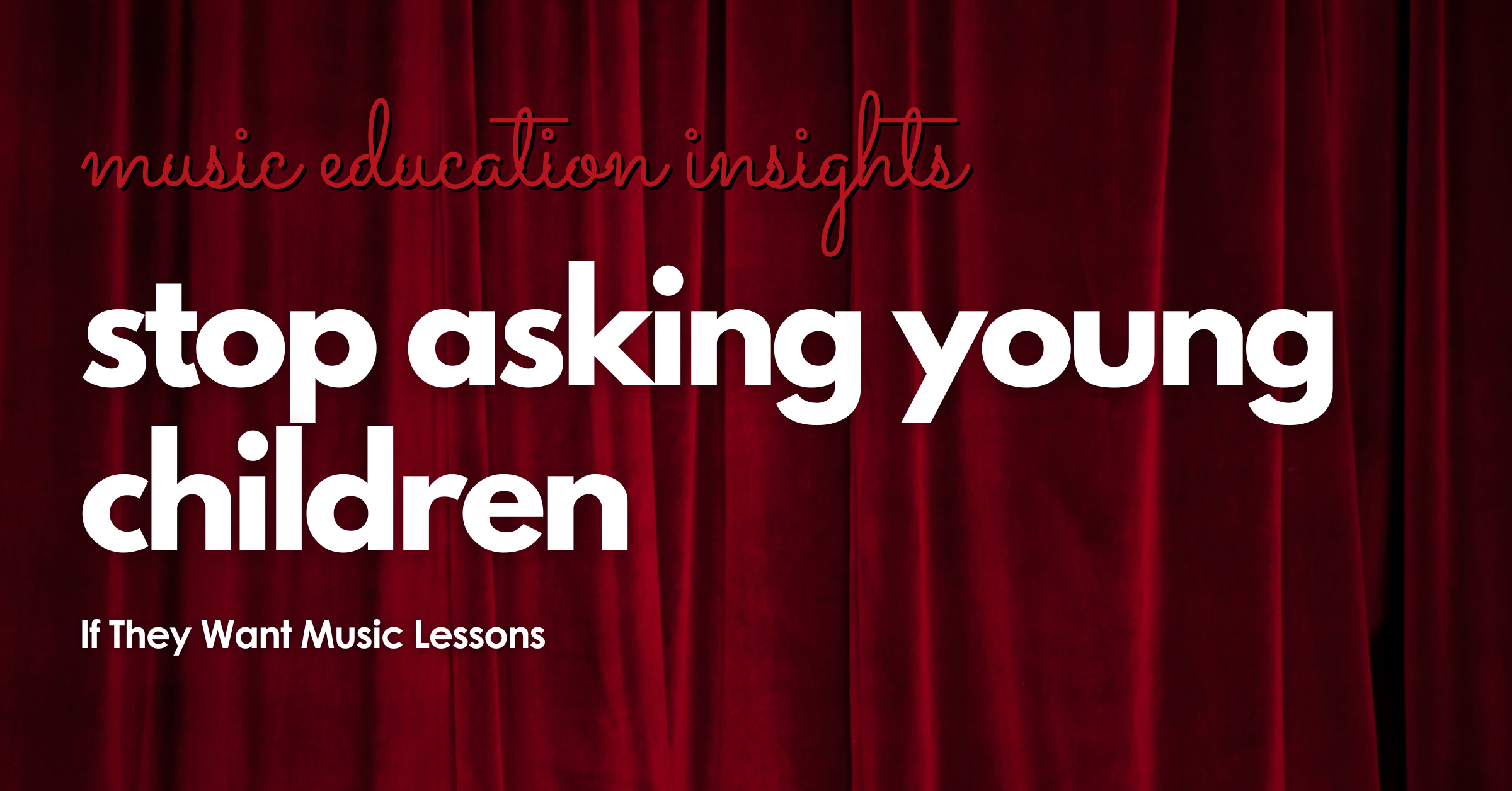by Mindy Cabral, The Magazine of Santa Clarita, January 2010
How many times have you had to repeat yourself when talking to someone? How many times has someone else had to repeat something to you? In today’s world, most people have more developed eyes than ears. This is because people focus and concentrate with their eyes more than with their ears. Music education is more important than ever, especially in today’s world of extreme visual technology. Music has many academic advantages such as better math and cognitive sills, cooperative group participation, creative thinking, and interpretation, to name a few. Most importantly, music provides the opportunity to develop more accurate, focused listening skills.
Constant visual stimulation throughout the day by various technologies such as T.V., computers, cell phones, hand held videogame devices, and everyday activities such as reading, writing, and watching your surroundings filled with billboards, and neon signs has resulted in an over stimulated eye and an underdeveloped ear for listening. Our ears are always hearing, but listening is something different. Listening is when you can comprehend a sound and understand it’s meaning. As a result, many people (kids and adults) have very poor listening skills today. Younger generations are especially in need of developing their listening skills. Let’s face it, we don’t really talk on the phone much anymore, it’s all texting!
“If you hear it, you forget it. If you see it, you remember it. If you do it, you understand it.” – Chinese Proverb. The key to developing better listening skills is to actively listen and respond to what you are listening to. This gives listening a purpose and a better understanding by the listener. Using music as the tool to developing these skills is both fun and interesting. One of the activities I do with my classes to help their listening skills is move to music. We can learn many musical concepts including: melodic direction, dynamics, musical form, phrasing, and timing. We listen carefully for specific melodies, instruments, and rhythmical cues to mark these sections. As the kids react by singing and moving to what they hear, they are actively listening and responding. Through repetition, the concepts are learned and extended to new music and more refined, detailed listening.
There are many ways to use music to help develop better listening skills. You can learn more at MUSICDAY hosted by Little School of Music on January 16th! All classes and performances are FREE but space is limited! You will need to call to reserve your place! The schedule of events is posted on the website: www.LittleSchoolofMusic.com. We hope to see you there!
© copyright 2010



